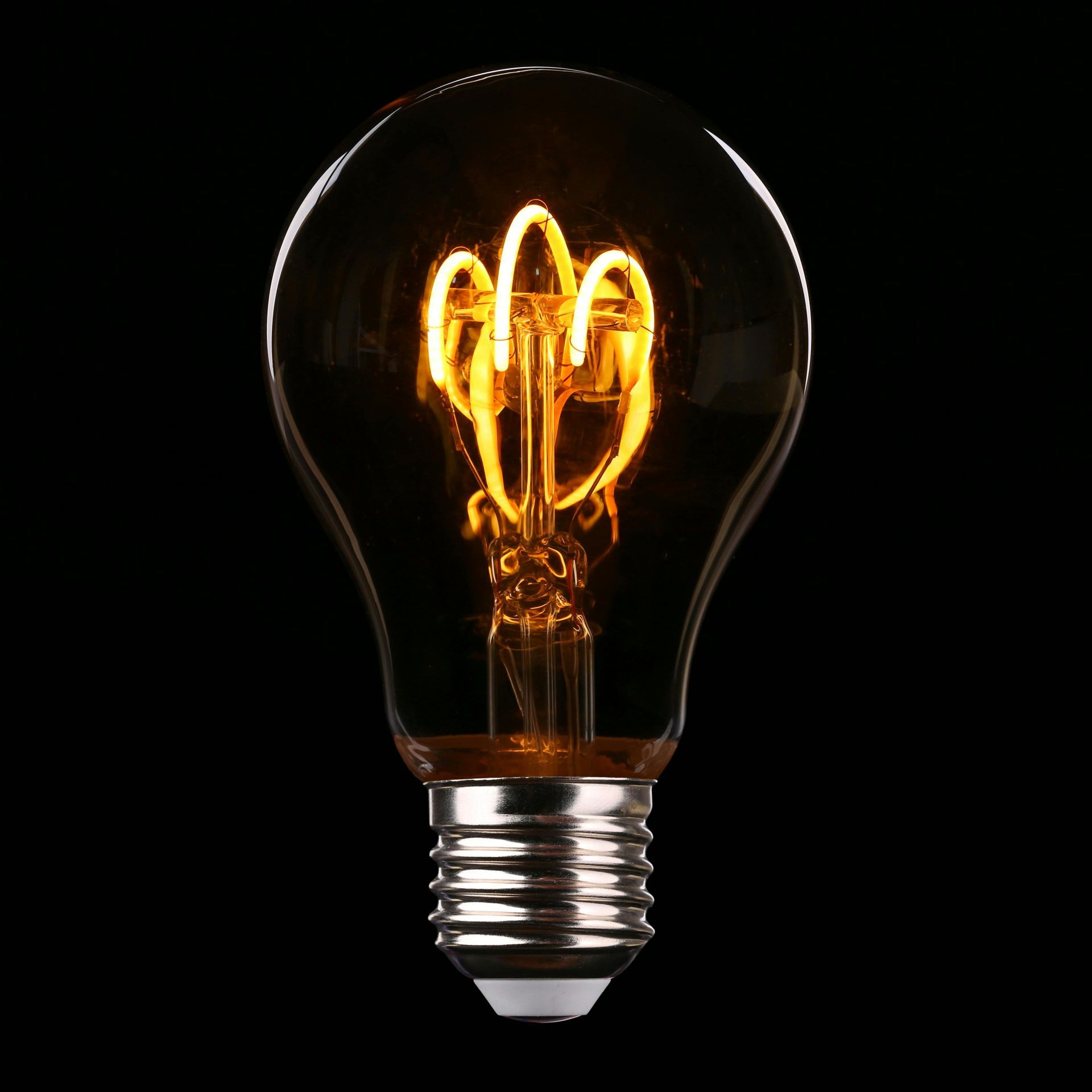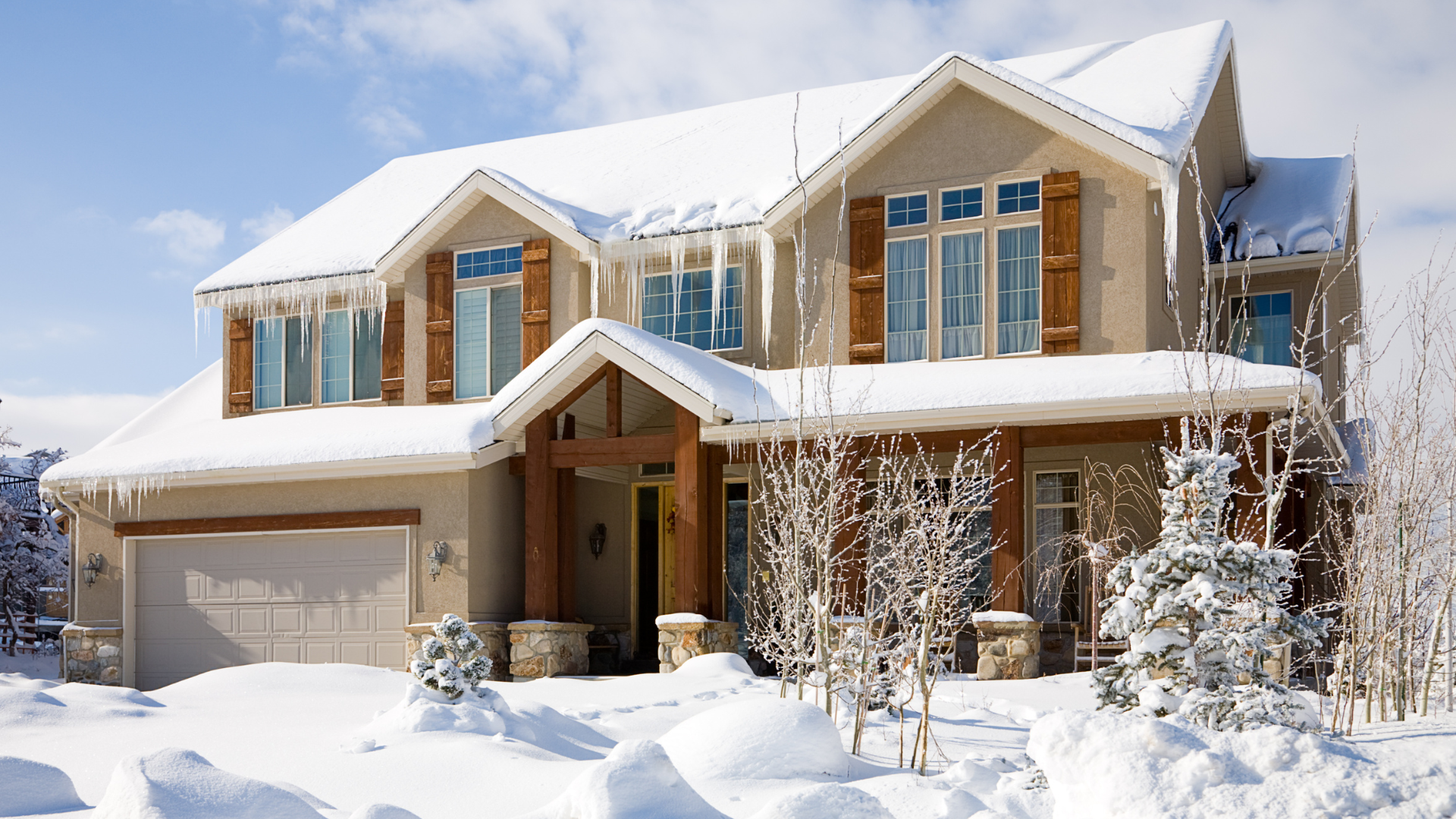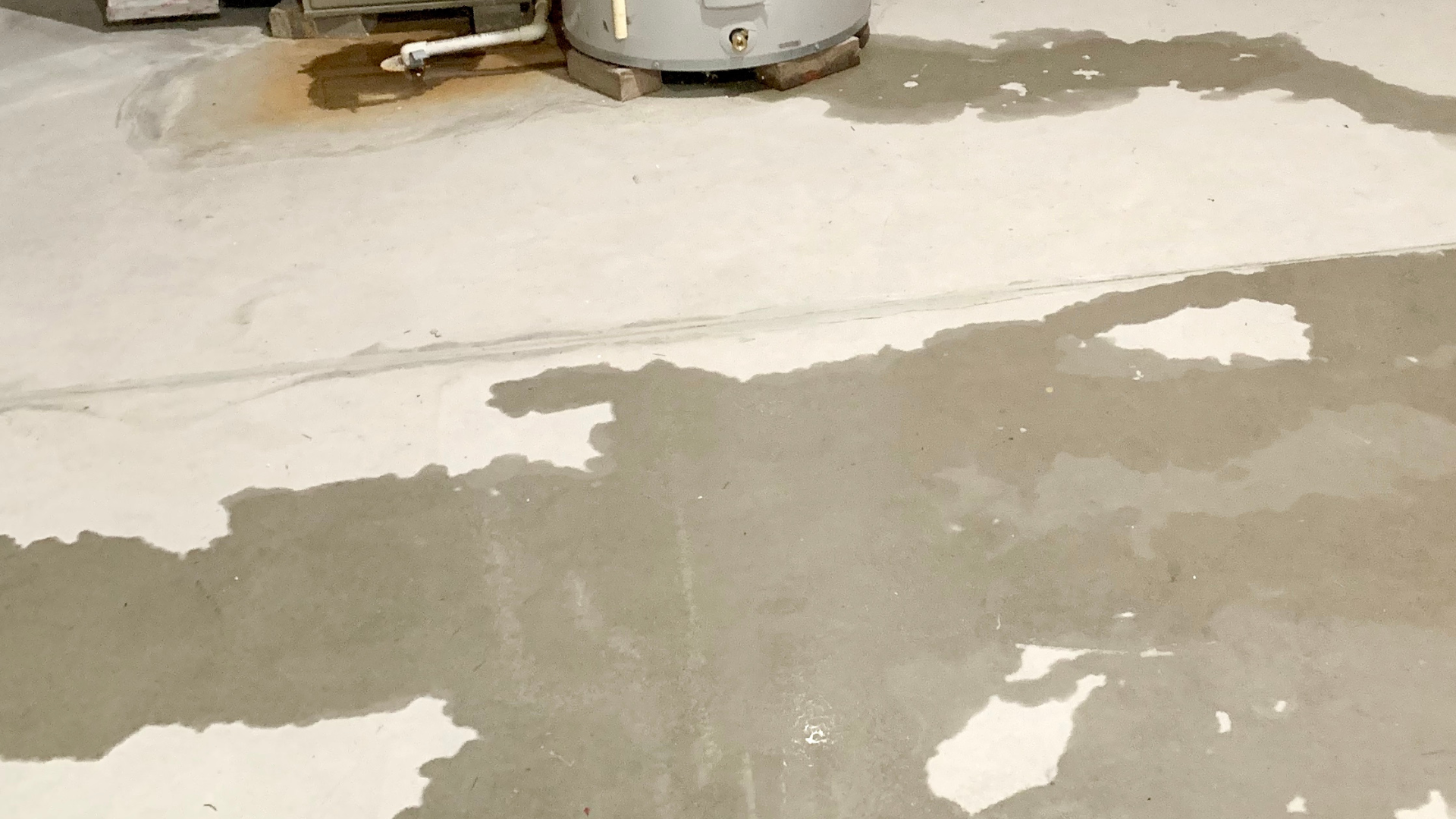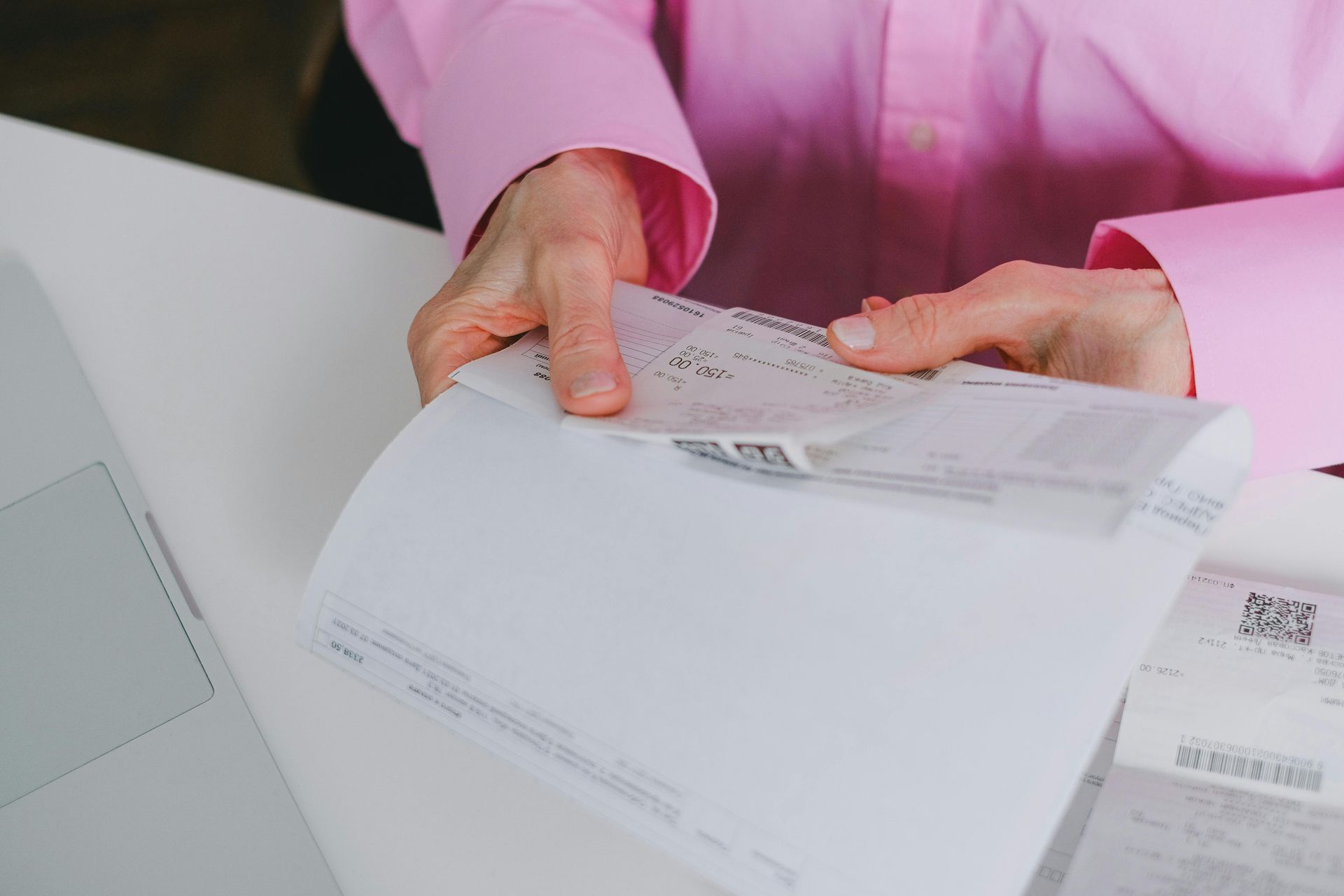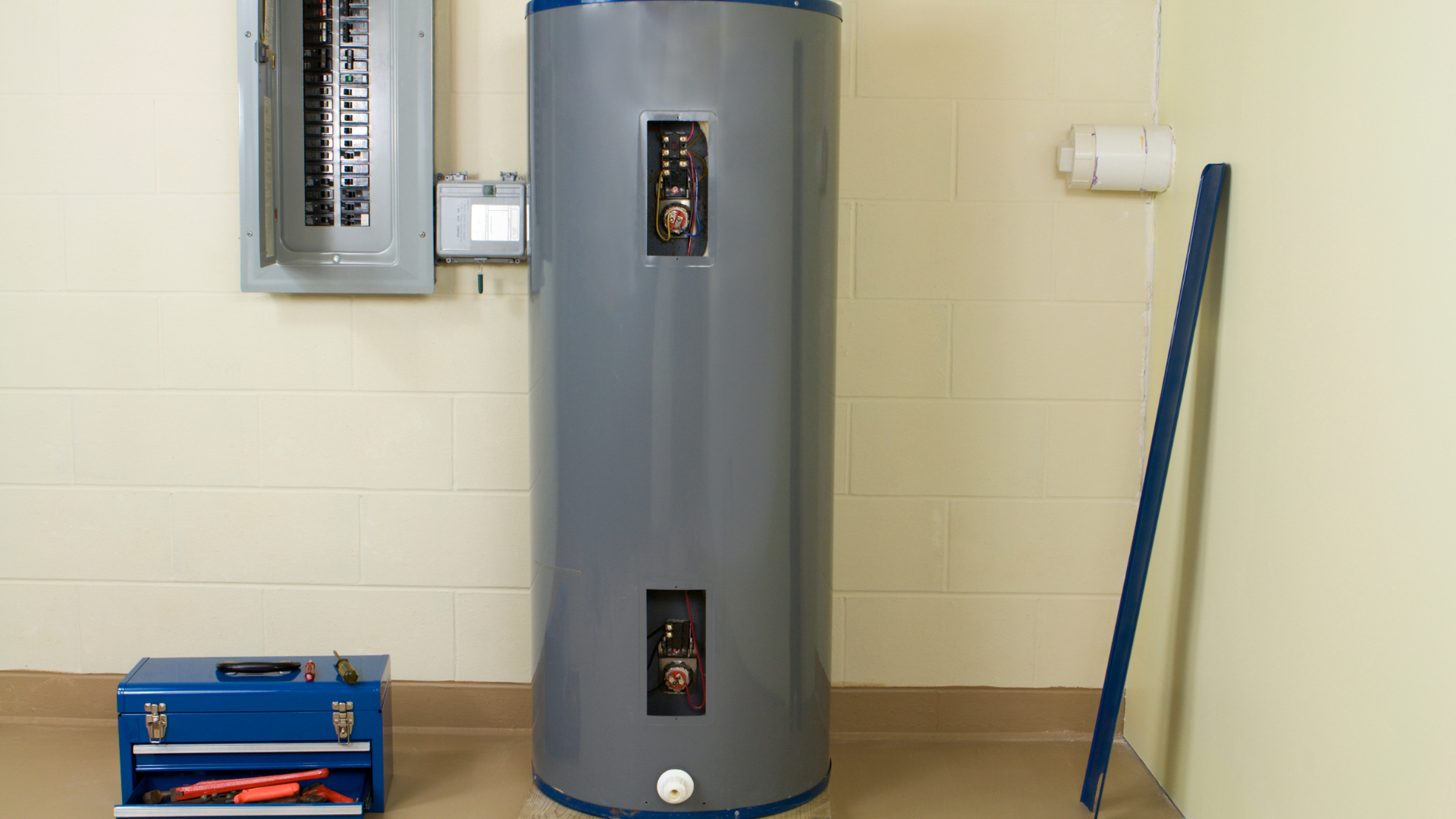New York
Your New York Home Project: Understanding Licensing, Sales Tax, and Verification

Embarking on a home improvement project in New York State means navigating a patchwork of regulations. Unlike some states with a single overarching contractor license, New York largely delegates general contractor and home improvement licensing to local (city, county, or town) authorities, while certain specialized trades might have state-level oversight. Understanding sales tax rules, particularly the distinction between "capital improvements" and "repairs," is also critical.
Contractor Licensing in New York: Primarily Local, Some State Trades
New York does not have a single statewide general contractor or home improvement contractor license. Instead, licensing responsibilities are primarily handled at the local level:
- Local Home Improvement Contractor Licenses:
- Many of New York's populous counties and major cities require specific licenses for Home Improvement Contractors. This is the most common license you'll encounter for residential remodeling, renovations, and repairs.
- Key areas with mandatory local licensing include:
- New York City (NYC): The NYC Department of Consumer and Worker Protection (DCWP, formerly DCA) licenses Home Improvement Contractors. Requirements are stringent, including an exam on business law and practices, proof of general liability insurance ($500,000 minimum combined bodily injury/property damage), workers' compensation and disability insurance, a trust fund enrollment or surety bond ($20,000), and a background investigation.
- Nassau County: Requires a Home Improvement Contractor license.
- Suffolk County: Requires a Home Improvement Contractor license.
- Westchester County: Requires a Home Improvement Contractor license.
- Other cities/counties: Many other local jurisdictions (e.g., Buffalo, Rochester, Rockland County, Putnam County) also have their own home improvement contractor licensing or registration requirements.
- Requirements vary greatly by locality but often include: business registration, general liability insurance, workers' compensation insurance, a surety bond, background checks, and sometimes an exam.
- These licenses cover a broad range of work, from remodeling kitchens and bathrooms to roofing, siding, driveways, and landscaping.
- State-Level Trade Licenses (Limited Scope):
- While most trades fall under local licensing, certain highly specialized areas might have state oversight, often through the New York State Department of Labor (DOL) or other specific agencies.
- Examples of professionals who might have state-level regulation include: asbestos abatement contractors, elevator contractors, crane operators, and some alarm system installers.
- Electricians, Plumbers, and HVAC Contractors: These trades are primarily licensed at the local municipal level in New York. Major cities like NYC, Buffalo, and many counties (e.g., Westchester, Nassau, Suffolk) have their own specific licensing boards and requirements for master electricians, plumbers, and often HVAC/mechanical contractors. These typically involve extensive experience, apprenticeship, and passing trade-specific exams.
- No statewide "General Contractor" license that covers all types of construction.
Key Takeaways for Homeowners:
- For any home improvement project, determine if your specific city, county, or town requires a Home Improvement Contractor license and ensure your chosen contractor holds it. This is your most important step.
- For electrical, plumbing, or HVAC work, confirm the individual and/or company performing the work holds the necessary local trade license.
- Always ensure your contractor carries adequate general liability and workers' compensation insurance. Written contracts are legally required for home improvement projects over $500.
Sales Tax on Home Service Projects in New York
New York has a state sales and use tax rate of 4%. Additionally, counties and cities levy their own local sales taxes, bringing combined rates to anywhere from 7% to almost 9% (e.g., NYC combined rate is 8.875%).
The application of sales tax to home service projects in New York depends critically on whether the work constitutes a "capital improvement" or a "repair, maintenance, or installation (RMI) service."
- Capital Improvements (Generally Not Taxable to Customer):
- A capital improvement is an addition or alteration to real property that:
- Substantially adds to the value of the property or appreciably prolongs its useful life.
- Becomes part of the real property or is permanently affixed so that removal would cause material damage.
- Is intended to be a permanent installation.
- Examples: Building a new addition, installing new kitchen cabinets, replacing an entire roof, installing a new water heater, or a complete bathroom remodel.
- For capital improvements, the contractor is considered the "consumer" of the materials they incorporate into the real property. They pay sales tax to their suppliers when they purchase the materials.
- Therefore, the contractor generally DOES NOT collect sales tax from you, the homeowner, on the total contract price (materials + labor) for a capital improvement.
- Contractors performing capital improvements should provide the homeowner with a Certificate of Capital Improvement (Form ST-124) to document the exempt nature of the work for sales tax purposes.
- Repair, Maintenance, and Installation (RMI) Services (Taxable to Customer):
- Services that do not meet the definition of a capital improvement are considered taxable RMI services.
- Examples: Patching a leaky roof, replacing a few broken tiles, fixing a faucet, or routine painting that doesn't significantly enhance value or prolong life.
- For RMI services, the contractor is generally considered a "retailer" of both the materials and labor.
- The contractor MUST collect sales tax from you, the homeowner, on the entire charge (both labor and any materials provided) for these services.
- Contractors performing RMI services can purchase materials for resale using a resale certificate (Form ST-120).
It is crucial to have a clear, written contract that specifies whether the work is considered a capital improvement or an RMI service, and how sales tax is being applied. Always clarify if sales tax will be added to your bill. For definitive information, consult the New York State Department of Taxation and Finance.
How to Verify Licensing in New York
Verifying a home service contractor's licenses in New York is primarily a local effort, with some state-level checks.
Local City/County Licensing Departments (Most Important for Home Improvement):
- This is your primary resource for verifying Home Improvement Contractor licenses and most trade licenses (electrical, plumbing, HVAC).
- New York City (DCWP): Use their online license search.
- NYC DCWP Business Search: https://www1.nyc.gov/site/dca/consumers/check-license.page (Search "Search Business" to verify DCWP licenses, including Home Improvement Contractors).
- Nassau County: The Nassau County Department of Consumer Affairs typically handles home improvement contractor licenses. Check their website for a license lookup or contact their office.
- Suffolk County: The Suffolk County Department of Consumer Affairs has an online license and complaint violation lookup.
- Suffolk County DCA Search: https://ca.suffolkcountyny.gov/dcasearch
- Westchester County: Check the Westchester County Department of Consumer Protection or Clerk's office for their home improvement contractor license lookup.
- Westchester County Lookup: Some resources point to: http://consumer.westchestergov.com/ (look for Home Contractors search).
- For other specific cities or counties (e.g., Buffalo, Rochester, Albany, Syracuse, Rockland County, Putnam County), you MUST visit their official city/county website's building department or consumer affairs division to find their specific license lookup tools or contact information.
New York State Department of State (DOS) - Professional License Search (Limited):
- The NYS DOS licenses some professionals, but it is not the primary source for general home improvement or common trade licenses (electricians, plumbers). However, it's worth checking if your contractor claims a license type that might be covered here (e.g., home inspectors).
- NYS DOS License Search: https://appext20.dos.ny.gov/lcns_public/lic_name_search_frm (or search "New York Department of State license search").
New York State Department of Labor (DOL) - Certain Specialized Trades:
- The DOL regulates specific, highly specialized construction-related activities. If your project involves things like asbestos or large-scale cranes, check here.
- NYS DOL: https://dol.ny.gov/ (search for specific license types or contact them).
New York Department of State - Business Entity Search:
- Any legitimate business operating in New York State should be registered with the New York Department of State's Division of Corporations. This confirms their legal existence.
- NY DOS Business Search: https://apps.dos.ny.gov/publicInquiry/#search (or search "New York Department of State business entity search").
Proof of Insurance:
- Always request a Certificate of Insurance (COI) directly from the contractor's insurance provider. This document will detail their specific coverage limits for general liability and, crucially, workers' compensation insurance (if they have employees), confirming they are active.
By diligently performing these verification steps, especially contacting local authorities, you can significantly reduce your risk and ensure you're working with a legitimate and qualified professional for your New York home project.
Sources and Resources:
- New York City Department of Consumer and Worker Protection (DCWP):
- Official Website: https://www1.nyc.gov/site/dca/index.page
- Check License Status (Business Search): https://www1.nyc.gov/site/dca/consumers/check-license.page
- Home Improvement Contractor License Info: https://www1.nyc.gov/site/dca/businesses/licensing/license-types/home-improvement-contractor.page
- New York State Department of Taxation and Finance:
- Official Website: https://www.tax.ny.gov/
- Publications related to Sales Tax on Construction: Search their website for "Capital Improvements," "Contractors," or "Publication 862, Sales and Use Tax Information for Contractors."
- New York State Department of State (DOS) - Division of Corporations:
- Official Website: https://dos.ny.gov/
- Business Entity Search: https://apps.dos.ny.gov/publicInquiry/#search
- Professional License Search (Limited Scope): https://appext20.dos.ny.gov/lcns_public/lic_name_search_frm
- Nassau County Department of Consumer Affairs:
- Official Website: Search "Nassau County Department of Consumer Affairs" and look for licensing information.
- Suffolk County Department of Consumer Affairs:
- Official Website: https://suffolkcountyny.gov/dca
- License and Complaint Violation Look Up: https://ca.suffolkcountyny.gov/dcasearch
- Westchester County Department of Consumer Protection:
- Official Website: Search "Westchester County Department of Consumer Protection" and look for contractor licensing information.
- New York State Department of Labor:
- Official Website: https://dol.ny.gov/
Click Another Article to Read More






